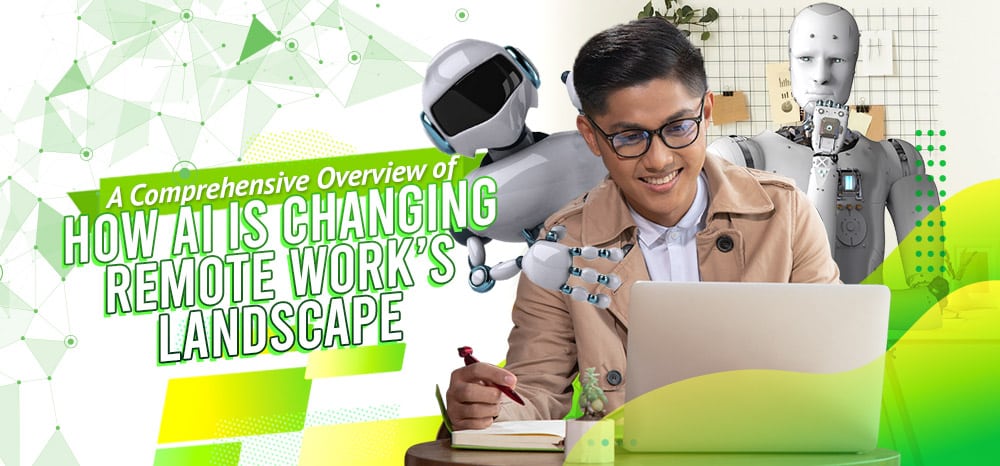Artificial intelligence has become a staple part of our daily lives. From the facial recognition software we use to unlock our phones to the autocorrect feature we use when constructing emails, AI helps make our lives easier.
Of course, artificial intelligence is also a great help in remote work. AI tools like Grammarly and Timehero enable us to be more efficient and productive in our online jobs.
That said, many workers are concerned that the increasing prevalence of AI will lead to it replacing jobs. After all, AI doesn’t need vacations, get sick, nor require a salary.
In fact, several careers are already in danger of being replaced by AI in the future. On the other hand, the inclusion of AI in the workplace also heralds the creation of new jobs in place of the ones rendered obsolete.
So is the growth of artificial intelligence a boon or a threat to people working via remote work? And how do we prevent AI from rendering us obsolete?
To answer these questions, here’s an overview regarding how artificial intelligence is changing remote work’s landscape.
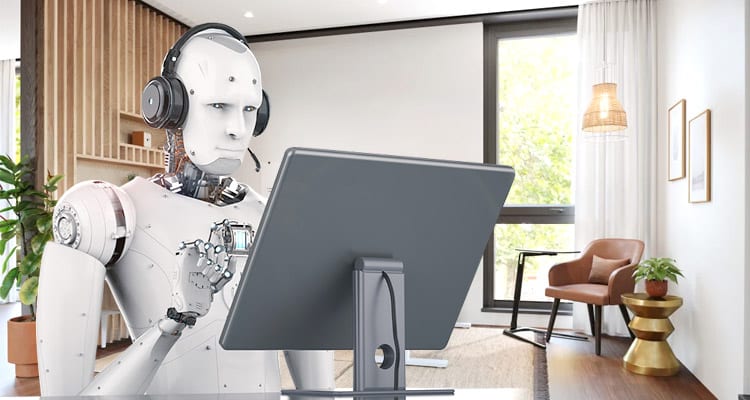
The Benefits of AI in the Remote Workplace.
Let’s start with the pros of having AI in the workplace.
Knowing how to use AI in the workplace will increase efficiency and productivity. AI can handle the more mundane and repetitive tasks, allowing you to focus on more complex and essential ones.
Besides increasing your efficiency and productivity, AI also reduces the number of your required work hours. This means you can finally have more time to rest, indulge in your hobbies, or take a vacation.
In addition, thanks to AI translators and email summarizers, communicating with your co-workers is now easier and faster.
And since AI generates more accurate and organized data, you and your team will have an easier time understanding data and making more intelligent decisions.
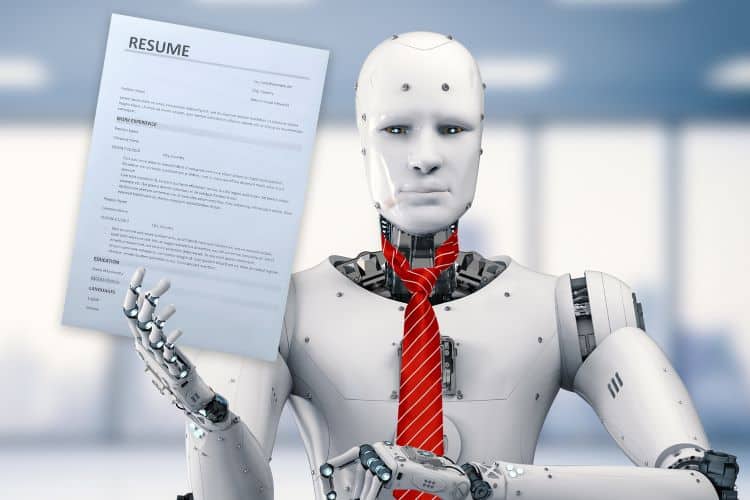
Jobs AI is Likely to Replace.
That said, not all AI developments are good for remote workers. One of the main downsides of increased automation is the threat of AI replacing humans in their jobs.
Jobs such as telemarketing and, unsurprisingly, bookkeeping are in danger of becoming fully automated in the future. The same goes for proofreaders, market research analysts, and couriers.
If your job is among those most threatened by automation, does that mean you should start considering other careers? Not really.
One thing AI cannot replace is experience. Being an expert in your field means you know several tricks and nuances involved in your work that AI doesn’t know.
Another way to keep up with AI is by upskilling. Having more skills in your repertoire enables you to accomplish more tasks than AI, which can only do the task/s it’s programmed to do.
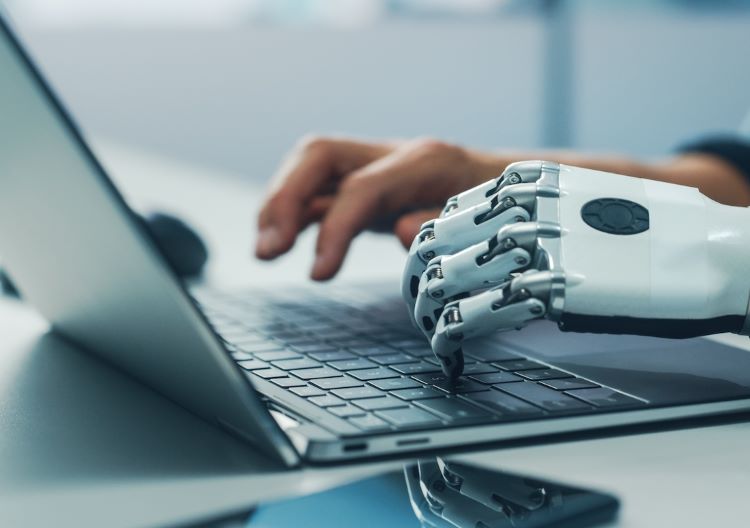
Will AI Replace Content Writers?
Another line of work that’s also being threatened by AI is content writing.
Due to the recent popularity of the AI chatbot ChatGPT, many content writers have become concerned that AI may also replace them. This chatbot can produce almost human-like responses and even write essays and articles for you.
However, despite the fears of some, content writers aren’t going anywhere.
For one, AI lacks human creativity. AI can’t understand emotions and generate new ideas from scratch. That’s why most AI-produced articles all look alike and sound generic.
AI also isn’t self-aware… for now, at least. Which means it still requires human input to be able to do anything. And it still isn’t able to produce output that is outside their programming.
In addition, it will take years of AI development before it can even begin to match human creativity and thought. And even if it can produce readable articles, humans will always naturally prefer content written by humans rather than AI.
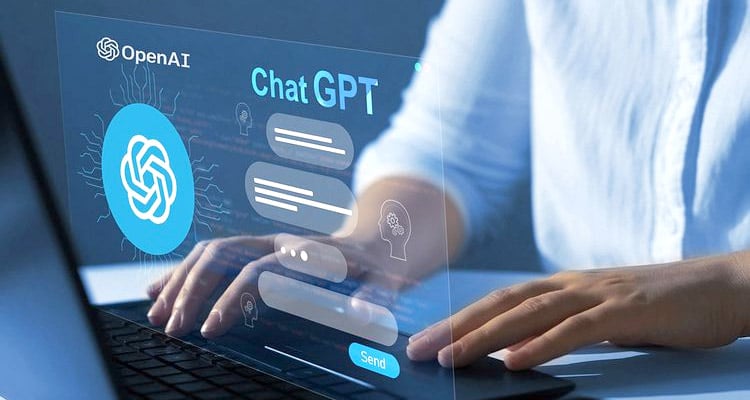
What is ChatGPT?
And speaking of ChatGPT, what is it exactly? ChatGPT is a natural language processing tool developed by Open AI capable of generating human-like conversations with a chatbot.
If you want to access ChatGPT, all you have to do is go to its site here. Once there, you need to sign up before you can start to ask ChatGPT various questions.
These can range from questions about the best places to go this summer to philosophical questions. You can even ask it to generate speeches, articles, and essays.
This ease of accessibility and ChatGPT’s wide range of knowledge makes it very popular. Many users and companies even use it to “write” articles for them.
However, this ability to write content is precisely why many writers are concerned about it. What will happen to them if ChatGPT continues to become more advanced?
However, despite its sophistication, ChatGPT isn’t infallible. This could lead to it giving false information, especially if you ask it a medical-related question.
So, no, writers aren’t in danger of losing their jobs to it (for now).
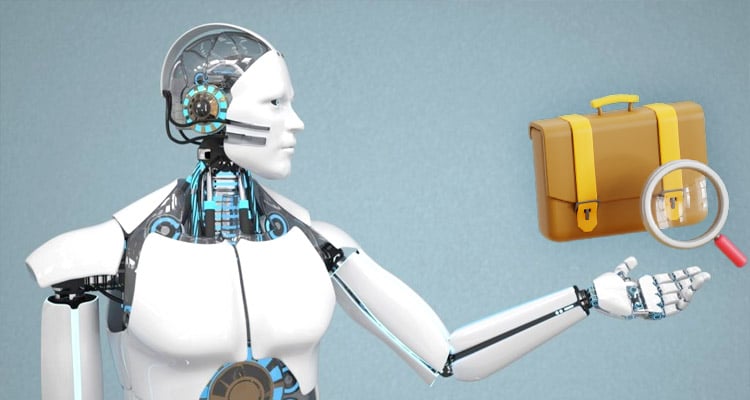
What Jobs Will AI Create in the Future?
Yes, AI will make a handful of jobs obsolete. However, it will create just as many, if not more, jobs than it will replace.
These include jobs like AI trainers, which would teach AI more about human emotions and various human cultures. And AI ethics compliance managers, who will ensure that a company’s AI follows all relevant rules and regulations.
The age of automation will also lead to a boom for data analysts and the need for algorithm forensics analysts.
The former will be responsible for analyzing the data being generated by AI and translating it to their employers. While the latter is responsible for troubleshooting what went wrong with an AI’s algorithm and explaining the problem to their employers.
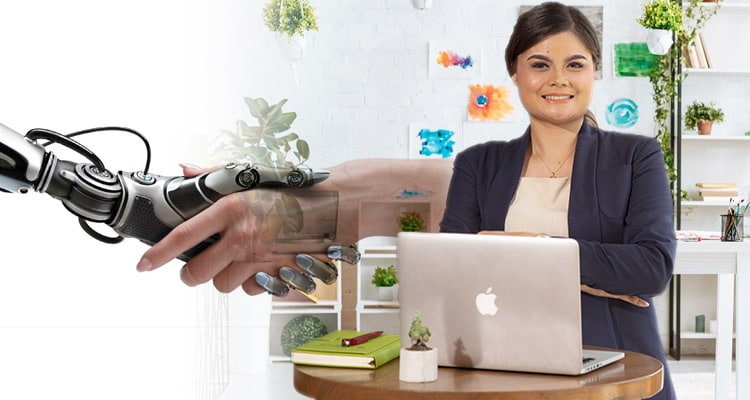
How Do You Future-Proof Your Career Against AI?
With all this talk about artificial intelligence replacing people in remote work, how do you ensure you’ll still have a job to return to tomorrow?
The best way to future-proof your career against AI is to embrace working with, not against, it. Knowing how to utilize AI well will make you more efficient at work and valuable to your employers.
In addition, you must also start expanding your skill set as well as hone your emotional intelligence. Having these enables you to do the tasks that AI can’t – as well as opens up more career opportunities for you if you want to shift careers.
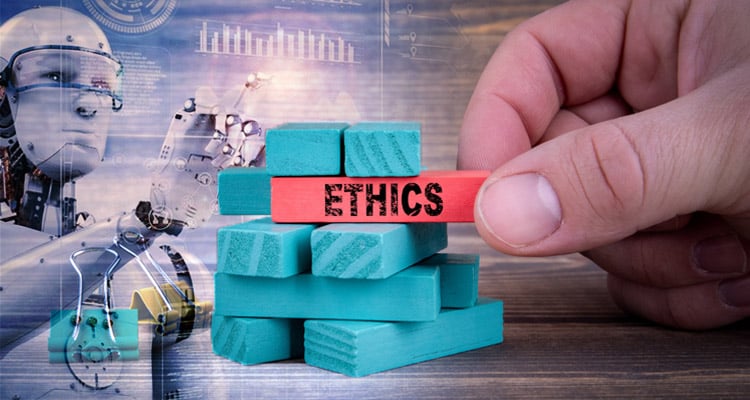
The Ethical Issues That Come With Using AI in the Workplace.
Besides the potential threat to people’s jobs, there are other potential ethical issues regarding AI that have people worried.
One of the most prominent of these issues is the potential of AI to cultivate biases. One example is the incident where Amazon’s AI recruitment tool had to be scrapped when it inadvertently discriminated against female applicants.
This bias came from the development stage of the AI, when it was fed the previous CVs of Amazon’s software teams. Since these teams are predominantly male, it led the AI to “think” that female applicants aren’t qualified.
Another ethical concern that people have against AI is it can be used to steal and copy other people’s work. Many unscrupulous individuals are using AI image generators to produce copies of artists’ works and sell them as their own.
And, of course, there’s the privacy issue. AI apps need data to work, so they will collect personal data to optimize their services. But who’s to say this data won’t fall into the wrong hands?
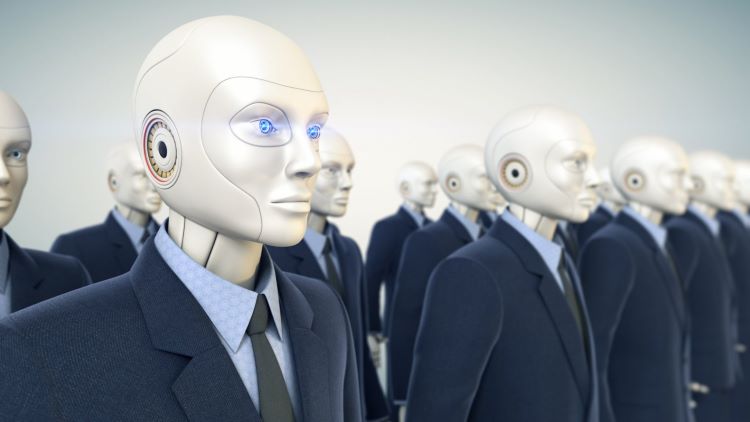
Welcome to the Age of Automation.
The rapid advancements in artificial intelligence have been a boon and a problem for people working via remote work.
For one, it simplifies our jobs and makes us more efficient. And its widespread use would also create new jobs for people.
On the other hand, increased automation will also lead to many people losing their jobs. Not to mention how people can use AI to cheat and steal other people’s work and the potential for errors and biases in its algorithm.
However, unlike AI, we can adapt to change. By doing so, we can keep up with AI and prevent ourselves from becoming obsolete.
So are you still looking for online work opportunities? Then head to Remote Staff. Our jobs list has various openings you can apply to. Good luck!

